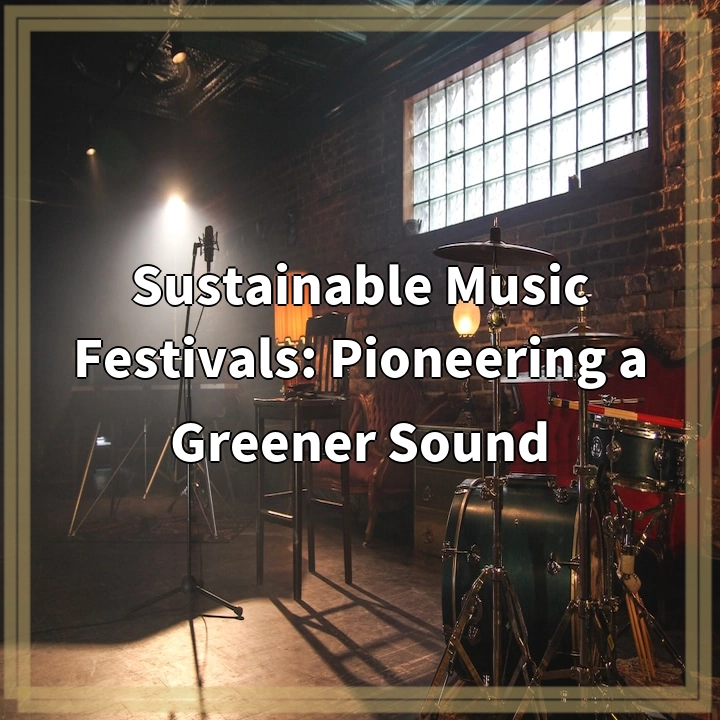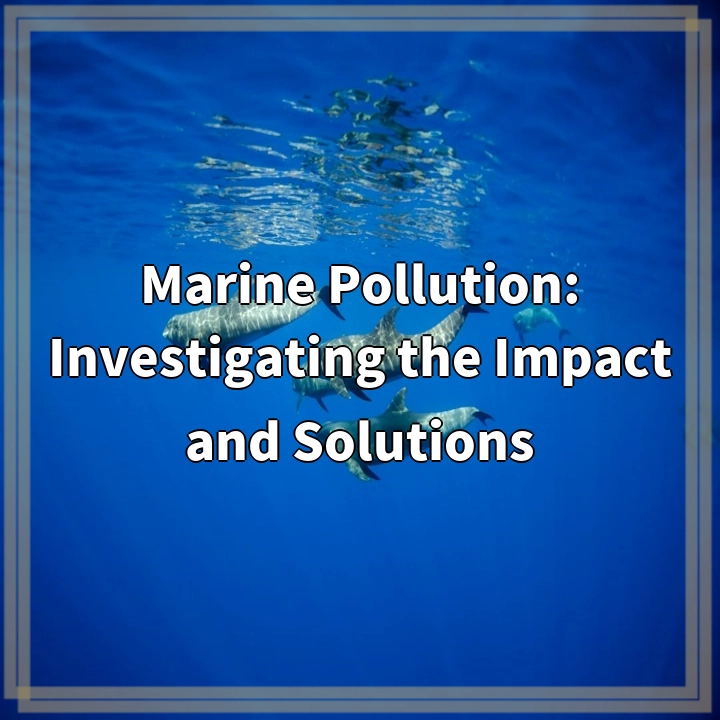
What it is:
Sustainable music festivals are events that prioritize environmental responsibility and seek to minimize the ecological impact associated with hosting large-scale music performances. These festivals promote sustainability by incorporating environmentally-friendly practices in various aspects of their operations, such as waste management, energy usage, transportation, and water consumption. By adopting sustainable measures, these festivals not only reduce their carbon footprint, but also raise awareness among attendees about the importance of environmental conservation.
Real-world Problems:
Despite the growing popularity of sustainable music festivals, several challenges persist in achieving fully sustainable events. These real-world problems include:
1. Waste Management:
Music festivals generate substantial amounts of waste, including food containers, single-use plastics, and discarded camping equipment. Ensuring proper waste management, including recycling facilities, composting options, and reducing single-use items, is essential. Coordinating waste collection and disposal during and after the event can be logistically demanding.
2. Energy Usage:
Music festivals require a significant amount of energy to power stages, lighting, sound systems, and other infrastructure. Balancing the energy demands while seeking more sustainable sources, such as renewable energy, presents a challenge. Limited access to clean energy and ensuring reliable power supply can be obstacles for sustainable music festivals.
3. Transportation:
Large-scale festivals attract attendees from various locations, resulting in increased carbon emissions from transportation. Encouraging and implementing greener transportation options, such as shuttle services, bike rentals, carpooling initiatives, and public transportation partnerships, can help mitigate the environmental impact. However, logistical considerations and accessibility challenges can make it difficult to provide sustainable transportation options for all attendees.
4. Water Conservation:
With thousands of attendees, water usage at music festivals can strain local resources. Ensuring access to clean water for drinking and sanitation is crucial. Implementing water conservation practices, such as efficient water management systems, water filtration stations, and awareness campaigns, can help reduce water consumption. However, striking a balance between attendee needs and sustainability goals requires careful planning and execution.
5. Environmental Education:
Sustainable music festivals often aim to educate attendees about environmental issues and inspire them to adopt eco-friendly practices in their daily lives. However, effectively delivering environmental education in a fun and engaging way can be challenging. Finding the right balance between entertainment and educational elements at festivals is essential to maximize impact and inspire lasting behavioral change.

Solutions:
To address the real-world problems associated with sustainable music festivals, various solutions and strategies can be implemented:
1. Comprehensive Waste Management:
By implementing effective waste management systems, festivals can reduce their environmental impact. This includes providing clearly labeled recycling and composting stations, encouraging attendees to bring reusable items, promoting proper waste disposal practices, and partnering with local recycling facilities. Creating a culture of environmental responsibility among festival-goers is also important.
2. Renewable Energy Implementation:
Transitioning to renewable energy sources like solar and wind power can significantly reduce the carbon footprint of music festivals. Investing in sustainable energy infrastructure, incorporating energy-efficient technologies and practices, and exploring partnerships with renewable energy providers are key steps in minimizing energy consumption and emissions.
3. Sustainable Transportation:
Encouraging attendees to choose greener transportation options is crucial. This can be achieved by providing shuttle services, organizing rideshare programs, coordinating public transportation partnerships, and offering incentives for carpooling or using bicycles. Creating accessible and reliable transportation options can reduce the number of individual vehicles on the road and lower carbon emissions.
4. Water Conservation Measures:
To conserve water resources, festivals can implement water-efficient practices such as utilizing low-flow fixtures, managing water use through monitoring and metering, and providing hydration stations for refilling reusable bottles. Educating attendees about the importance of water conservation and promoting responsible water usage can also contribute to sustainability efforts.
5. Engaging Environmental Education:
Integrating environmental education and sustainability initiatives into the festival experience can have a lasting impact on attendees. This can include interactive workshops, informative signage, educational performances, and collaboration with environmental organizations. Engaging and inspiring festival-goers to make environmentally conscious choices beyond the event can promote positive environmental change.















